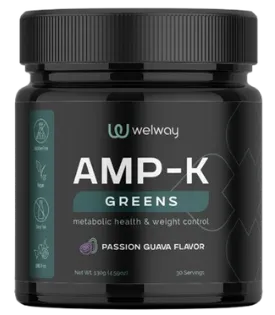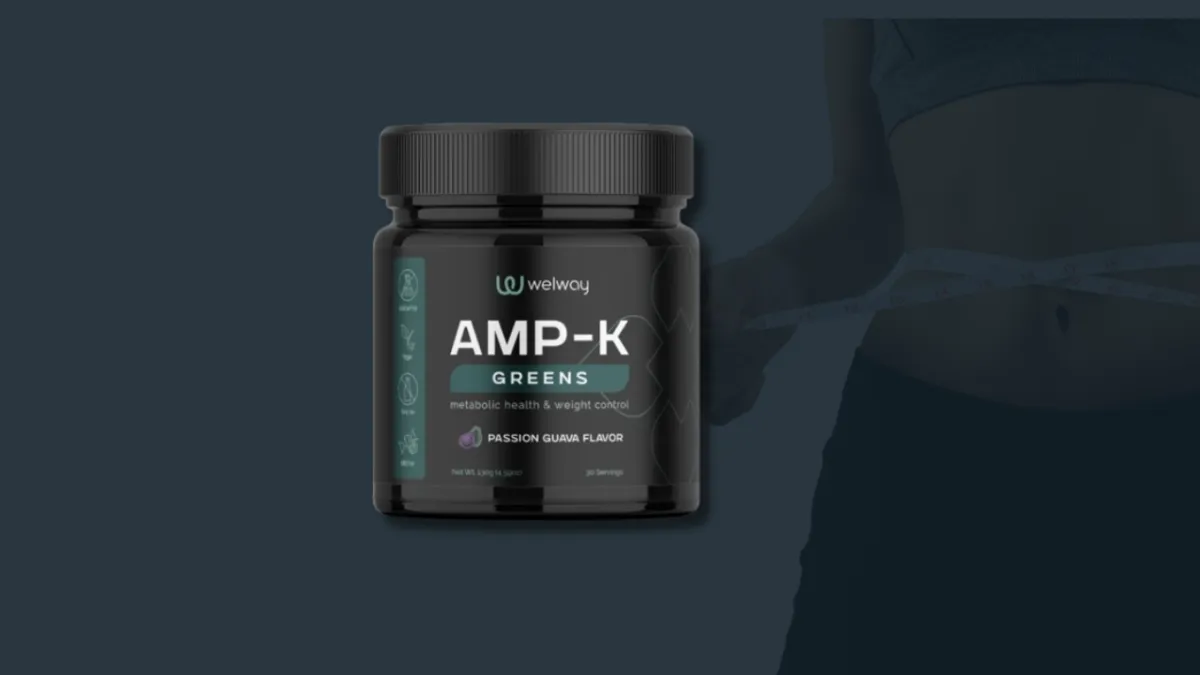PLANT BASED DIET
Plant-Based Diet for Weight Loss
Focuses on consuming foods derived from plants while minimizing or eliminating animal products. The diet emphasizes fruits, vegetables, legumes, whole grains, nuts, and seeds. It’s designed to be nutrient-dense, low in calories, and high in fiber, which can help with weight loss and overall health..
CALORIE CALCULATOR
Calorie Calculator
Key Components of a Plant-Based Diet:
Fruits and Vegetables: Consume a wide variety of colorful fruits and vegetables. They are rich in vitamins, minerals, antioxidants, and fiber while being relatively low in calories.
Legumes: Include beans, lentils, chickpeas, and peas. These are excellent sources of plant-based protein and fiber, helping you stay full and support muscle maintenance.
Whole Grains: Opt for whole grains like brown rice, quinoa, oats, barley, and whole wheat. They provide essential nutrients, fiber, and sustained energy.
Nuts and Seeds: Incorporate nuts (almonds, walnuts, etc.) and seeds (chia, flax, hemp) for healthy fats, protein, and additional nutrients. Be mindful of portions, as they are calorie-dense.
Plant-Based Protein Sources: Include tofu, tempeh, edamame, and plant-based protein powders. These are valuable for meeting protein needs on a plant-based diet.
Healthy Fats: Use sources of healthy fats like avocados, nuts, seeds, and olive oil. Avoid processed oils and excessive amounts of added fats.
Minimize Processed Foods: Limit consumption of highly processed plant-based foods, such as sugary snacks and refined grains. Focus on whole, minimally processed foods.
Hydration: Drink plenty of water throughout the day. Herbal teas and vegetable-based broths can also contribute to hydration. Add in Govvi Go Lyte.
Potential Benefits:
Weight Loss: The high fiber content in fruits, vegetables, and legumes can help you feel full longer, reducing overall calorie intake.
Improved Nutrition: A plant-based diet is rich in vitamins, minerals, and antioxidants, supporting overall health and wellness.
Lower Risk of Chronic Diseases: Plant-based diets have been associated with a lower risk of heart disease, hypertension, type 2 diabetes, and certain cancers.
Potential Risks and Considerations:
Nutrient Deficiencies: Pay attention to nutrients that may be harder to obtain from a plant-based diet, such as vitamin B12, iron, calcium, vitamin D, omega-3 fatty acids, and protein.
Protein Intake: Ensure you’re getting enough protein by including a variety of plant-based protein sources.
Social and Practical Challenges: Eating out or finding suitable options at social gatherings can be challenging. Plan ahead and be prepared with alternatives.

Example of a Plant-Based Meal Plan for Weight Loss:
Breakfast
Green Smoothie: 1 cup spinach or kale1 banana½ cup frozen berries1 tablespoon chia seeds1 cup unsweetened almond milk or water Blend all ingredients until smooth.
Snack
Apple with Almond Butter: 1 medium apple sliced 1 tablespoon almond butter
Lunch
Quinoa and Black Bean Salad:1 cup cooked quinoa½ cup black beans Chopped bell peppers, tomatoes, cucumbers A handful of chopped fresh cilantro Dress with lime juice and a drizzle of olive oil
Snack
Carrot and Celery Sticks with Hummus: Fresh carrot and celery sticks¼ cup hummus for dipping
Dinner
Stuffed Bell Peppers: Bell peppers stuffed with a mixture of brown rice, lentils, corn, diced tomatoes, and spices Bake until peppers are tender and filling is heated through
Dessert (Optional)
Chia Pudding:3 tablespoons chia seeds1 cup unsweetened almond milk1 teaspoon maple syrup or honey Mix and let sit in the refrigerator for a few hours or overnight.

Tips for Success:
Plan Your Meals: Prepare meals in advance and create a shopping list to ensure you have all necessary ingredients.
Read Labels: When buying packaged plant-based foods, check for added sugars, unhealthy fats, and other unwanted ingredients.
Balance Your Meals: Ensure each meal includes a source of protein, fiber, and healthy fats to support satiety and balanced nutrition.
Use Spices and Herbs: Enhance flavor and variety in your meals with spices and herbs to make plant-based eating more enjoyable.
Supplement Wisely: Consider supplements for nutrients that may be lacking in your diet, such as vitamin B12 and omega-3s, after consulting with a healthcare professional.
By following these guidelines, you can effectively use a plant-based diet for weight loss while ensuring you’re meeting your nutritional needs and maintaining overall health.
Drink AMP-K Daily